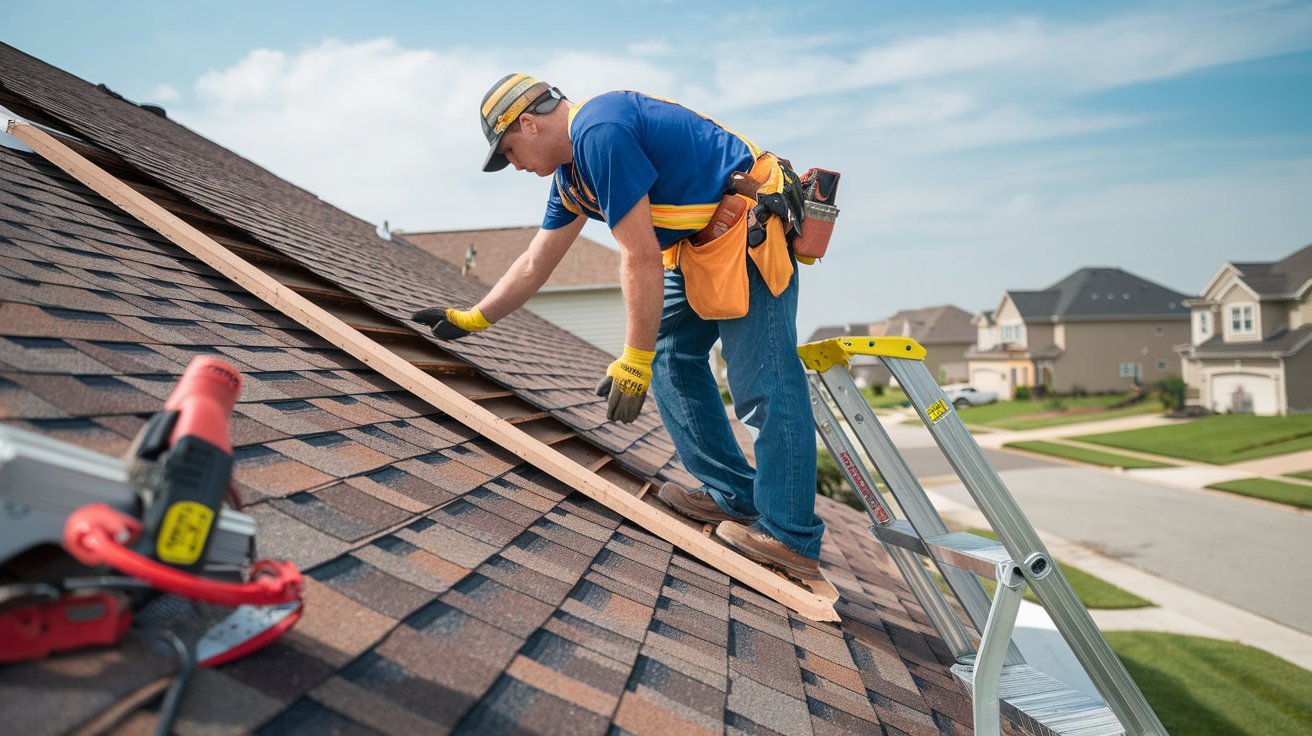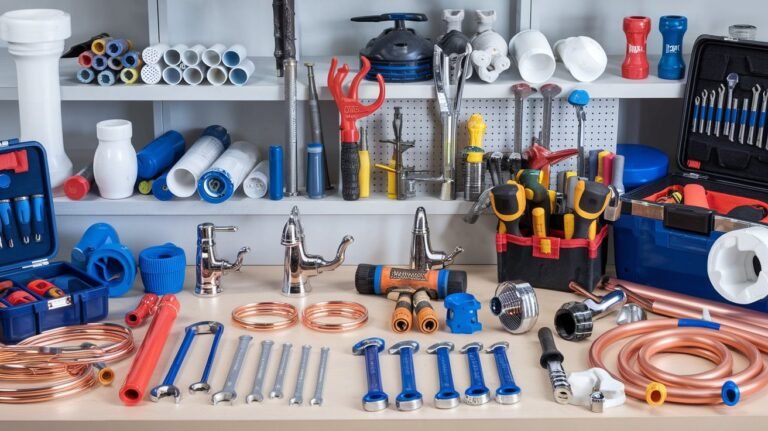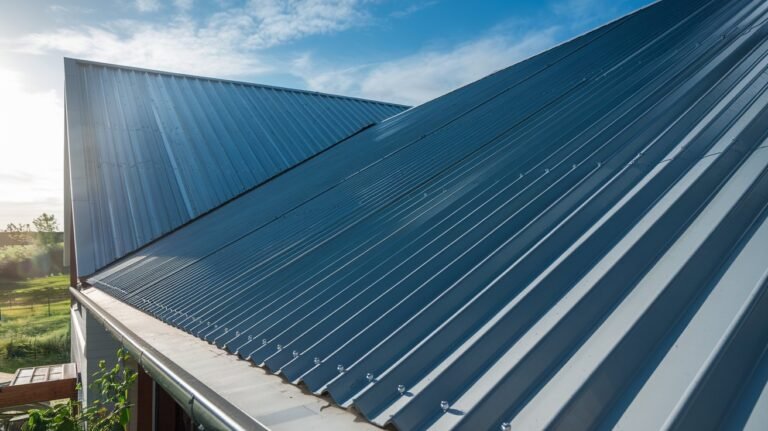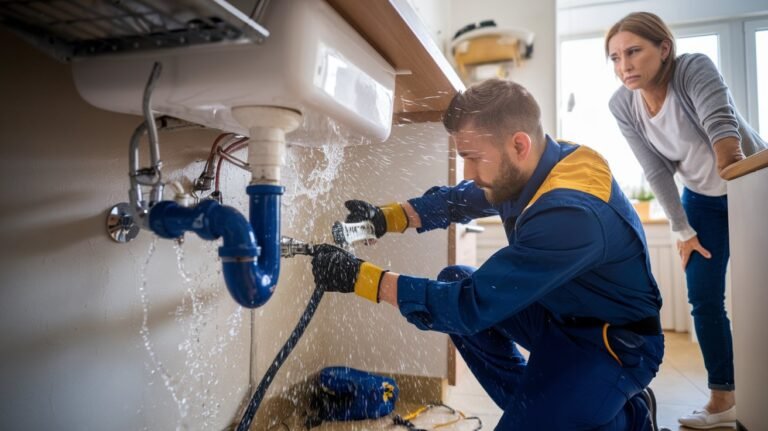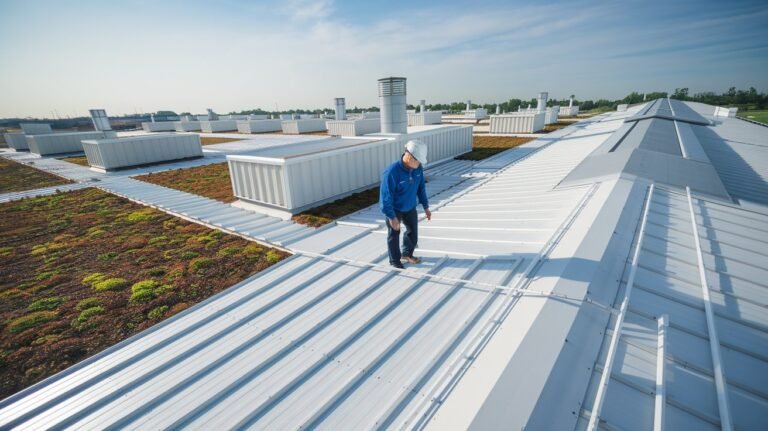Top 10 Things to Look for in a Residential Roofing Contractor (Don’t Get Scammed!)
1. Proper Licensing and Insurance Coverage
When hiring a residential roofing contractor, the first and most crucial factor to consider is their licensing and insurance. A legitimate contractor should have the necessary state or local licenses to operate legally. Licensing ensures that the contractor meets industry standards and follows local building codes. Additionally, insurance coverage is vital for protecting both you and the workers. A reliable contractor should have both liability insurance and workers’ compensation insurance to cover any potential accidents or damages that may occur during the project. Without proper insurance, you could be held financially responsible for injuries or property damage.
2. Experience and Reputation in the Industry
A contractor’s experience speaks volumes about their ability to deliver quality work. A seasoned residential roofing contractor has likely handled various roofing issues and knows how to address challenges efficiently. Look for a contractor with at least five to ten years of experience in the industry. Beyond experience, check their reputation by reading online reviews on platforms like Google, Yelp, and the Better Business Bureau (BBB). Ask for references from past clients and even visit previous job sites if possible. A reputable contractor will have a history of satisfied customers and successful projects.
3. Written Estimates and Transparent Pricing
One of the biggest red flags when dealing with roofing contractors is unclear or vague pricing. A trustworthy residential roofing contractor provides a detailed, written estimate before any work begins. This estimate should include the cost of materials, labor, permits, and potential additional charges. Be wary of contractors who offer verbal quotes or refuse to provide documentation. Hidden fees and surprise costs are common scams in the industry. Transparency in pricing ensures you get the best value for your money without unexpected expenses.
4. Warranty on Workmanship and Materials
A roofing project is a significant investment, and you want assurance that the work will stand the test of time. A reliable contractor offers warranties on both materials and workmanship. Manufacturer warranties typically cover defects in roofing materials, while a workmanship warranty ensures the contractor’s installation is free of errors. Be sure to ask about the warranty terms and get them in writing. A contractor who hesitates to provide warranties may not be confident in their work.
5. Local Presence and Established Office
Scams often involve contractors who appear after a storm, complete subpar work, and disappear. To avoid such issues, hire a contractor with a permanent local presence. A legitimate business should have an office, a local phone number, and a physical address. Local contractors are more likely to be familiar with regional building codes, weather conditions, and permit requirements. Additionally, they are easier to reach if warranty issues arise or additional work is needed in the future.
6. Proper Permits and Compliance with Building Codes
Roofing projects often require permits from local authorities, and a professional contractor should handle this process. Before work begins, ask if your roofing contractor will obtain the necessary permits and ensure compliance with local building codes. If a contractor suggests skipping permits to save money, it’s a major red flag. Non-compliance with building regulations can lead to fines, failed inspections, and even legal issues that could affect your property value.
7. Use of High-Quality Roofing Materials
The quality of roofing materials plays a crucial role in the durability and lifespan of your roof. A trustworthy residential roofing contractor will use top-grade materials from reputable manufacturers. Be sure to ask about the types of materials they use, such as asphalt shingles, metal roofing, or tile. If a contractor offers significantly lower prices than competitors, they may be cutting costs by using substandard materials. Investing in high-quality roofing materials ensures better protection against harsh weather conditions and extends the lifespan of your roof.
8. Communication and Customer Service
Effective communication is essential throughout the roofing project. A professional contractor should be responsive, answer your questions clearly, and provide updates on the progress of the work. Poor communication can lead to misunderstandings, delays, and frustration. Look for a contractor who values customer service, keeps you informed, and respects your concerns. A good way to assess communication skills is by observing how quickly they respond to your initial inquiries and whether they provide detailed explanations.
9. Safety Standards and Trained Crew
Roofing is a high-risk job that requires strict safety measures. A reputable residential roofing contractor follows Occupational Safety and Health Administration (OSHA) guidelines and ensures that their crew is trained in safety protocols. Ask about their safety record, whether they provide proper protective gear, and if their employees are trained in handling potential hazards. Contractors who neglect safety can put workers at risk and increase liability for homeowners in case of accidents.
10. Avoiding Door-to-Door Sales and High-Pressure Tactics
One of the most common roofing scams involves contractors who go door-to-door after a storm, claiming your roof needs immediate repairs. These salespeople often use high-pressure tactics, pushing you to sign a contract on the spot. Avoid making rushed decisions. Instead, take the time to research multiple contractors, get multiple estimates, and verify credentials before committing. A reputable contractor will never pressure you into making an immediate decision and will respect your need for due diligence.
Conclusion
Choosing the right residential roofing contractor is essential for ensuring a high-quality, long-lasting roof. By considering factors like licensing, experience, pricing transparency, warranties, and safety standards, you can protect yourself from scams and poor workmanship. Always do thorough research, ask for written estimates, and verify credentials before hiring a contractor. Your home deserves the best protection, and with the right contractor, you can have peace of mind knowing your roof is in good hands.
Read Also Our This Post: Best Roofing Contractor Near You: What to Look For & How to Decide

